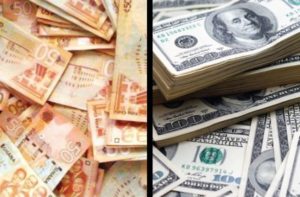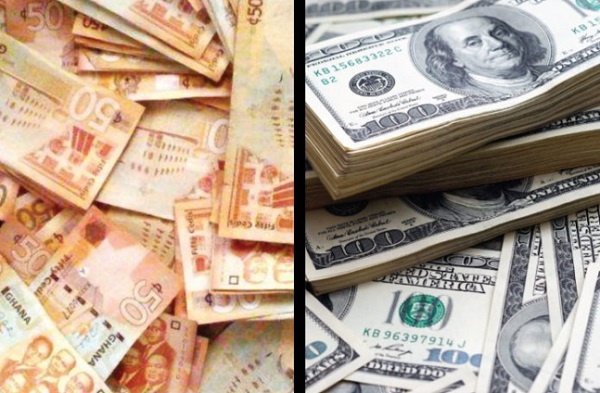
The Bank of England is likely to feel compelled to continue increasing interest rates beyond its current level of 4% as UK inflation jumped unexpectedly in February.
This is the prediction of Nigel Green, the CEO and founder of deVere Group, one of the world’s largest independent financial advisory, asset management and fintech organisations ahead of the Bank’s meeting on Thursday at noon in London.
He said: “The rise in inflation comes as a shock, as most analysts had forecast a fall to 9.9% amid reducing gas and oil prices and the lower cost of raw materials on global markets.
“Inflation had fallen for the previous three months, coming down from a peak of 11.1% in October to reach 10.1% in January.
“But the data shows that food prices and non-alcoholic beverages in the UK surged at their highest rate for 45 years.
“This really puts the pressure on the Bank of England to increase interest rates again on Thursday. The Bank officials will also be vigilant about wage growth which remains high but is slowing, whilst the latest labour market data reveals continued tightness.”
The deVere CEO continued: “We expect that the Bank will reiterate that their primary focus is bringing down stubbornly high inflation.
“This is despite growing fears over the unfolding confidence crisis in the global banking system following the collapse of Silicon Valley Bank, Signature Bank and First Republic Bank in the US earlier this month, and the weekend rescue of the institutionally critical Swiss bank, Credit Suisse.
“We expect that the Bank of England on Thursday will announce a rise of 25bps to take rates to 4.25%, and possibly signal a pause in its hiking cycle moving forward.”
The UK central bank knows that besides having to try and cool sticky high inflation, they also need to ensure financial stability. The events of the last week which rocked markets and investor sentiment will certainly give them cause for pause after the likely rate hike on Thursday.
“A signal of stepping back from interest rate hikes would be welcomed by investors who are concerned that overtightening now – when monetary policy time lags are notoriously long – could steer the economy into a recession,” notes Nigel Green.
“The Bank of England are in a challenging spot of having to hike rates to bring down inflation while attempting to combat fears of systemic risk and instability that has been rippling through global markets in recent days following the banking crises in the US. But it will be soaring prices that will be front and centre in their decision-making process,” he said.
Commenting further, Chris Wilgoss, Head of Global Markets Treasury, Crown Agents Bank observed: “Since Fed Chair Powell’s testimony on 7th March, in which he cited the resilience of the economy, rates have been pushing higher with increasing speculation of sharper and more prolonged interest rate increases”.
Immediately following Powell’s testimony the chances of a 50bp hike moved up to 70%, with the focus on key upcoming employment and inflation data.
However, given the market turbulence surrounding the banking sector over the weekend, whether the Fed can raise rates at all is now in question. Currently the market is pricing 70/30 in favour of a 25bp move over unchanged rates, according to him.
Mr Wilgoss added: “Emerging markets are especially holding their breath ahead of this month’s rate announcement. While the falling Dollar of early 2023 offered a reprieve from the dramatic rate fluctuations of 2022, market turbulence, exchange rates and subsequently local currencies are at particular risk should any Dollar turbulence be due.
The renewed rate volatility and change in rate expectations has seen resurgence pressure in numerous Global South countries across Africa, Latin America, and Asia. The likes of the Egyptian Pound, Indonesian Rupee, Brazilian Real and South African Rand, for example, have all reversed their start of the year gains. The inordinate pressure in the emerging market currencies space will continue to be felt until the market has a clear line of sight to the end of the rate hike cycle”.


